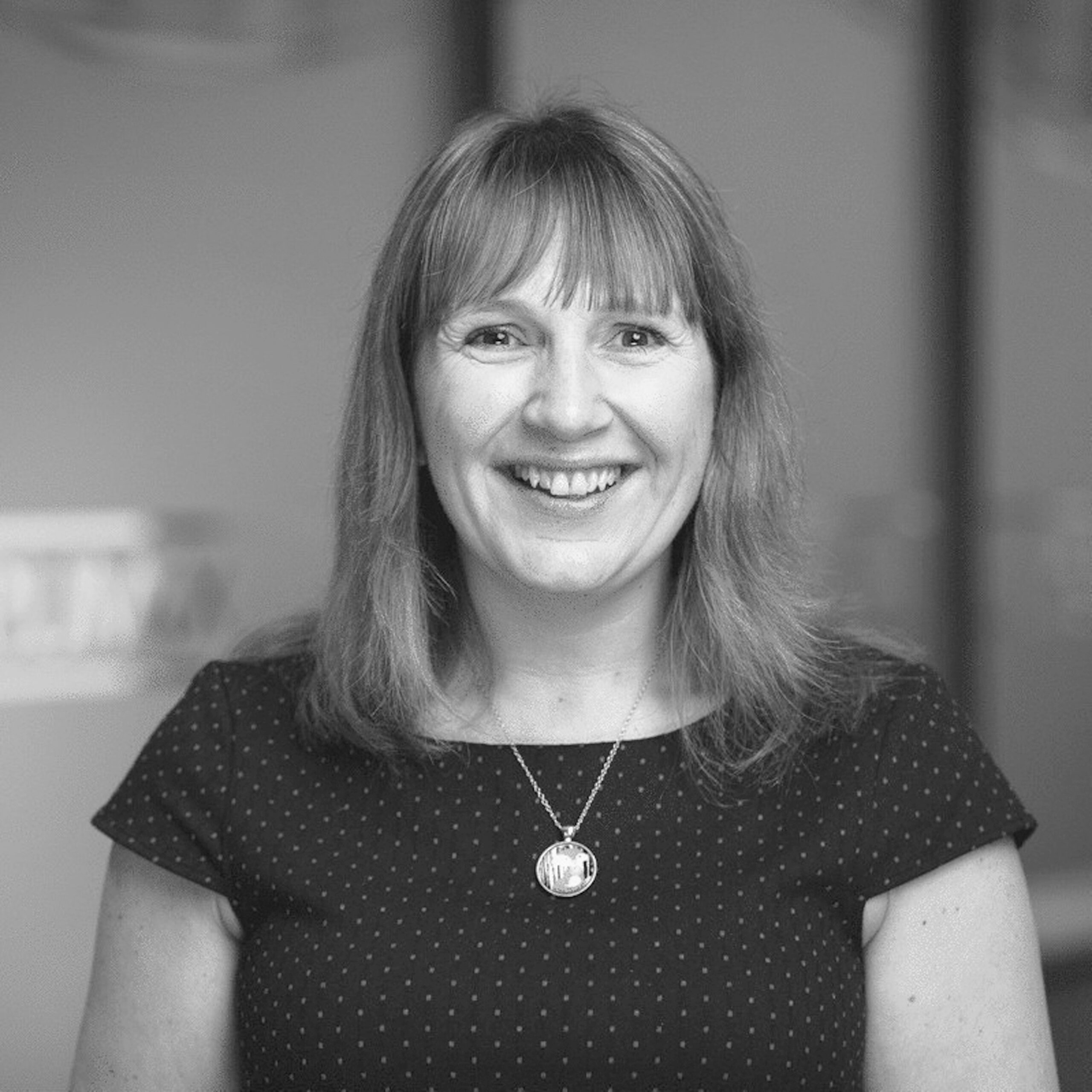In the fourth Annual Event Salary Survey Q&A, Jill Hawkins talks to Mary Carter-Lee, people and culture director, Identity. When it comes to recruitment, she says the agency follows a ‘candiate focused approach’.
Recruitment
Jill Hawkins: What the biggest recruitment challenge facing the industry now?
Mary Carter-Lee: Over the last 12 months we have witnessed ‘The Great Resignation’ – people deciding to move jobs post-pandemic. This is not particular to the events sector – it’s happening to some extent across all industry sectors.
In 2021, there was a sense that if the events sector can be so comprehensively shut down once, why risk being in that situation again? Sadly, many talented event professionals were simply unable to work for up to two years, so they left the industry and found other employment. Enticing them back now is a challenge, but one we are confident will be overcome.
Thankfully events are back and running at full capacity. This sector made giant strides ahead with new technology and as a result, its super-charged hybrid offering has greatly expanded opportunities and offerings for everyone.
JH: Could you share any initiatives you have implemented to help recruitment?
MCL: Before Covid-19, Identity was carefully tracking technology within events and providing clients with increased digital integration in the live space. When the pandemic made virtual events the only game in town, we were fortunate to be able to offer this to our clients immediately.
With this expertise, we have now launched the Virtual Experience Academy which is helping to up-skill a new generation of talent. Initially aimed at event freelancers to equip them with the knowledge and tools to run their own virtual events, we now offer the academy to those interested in joining the sector.
We’ve also dedicated significant time to ensuring that we adopt a ‘candidate focused’ approach to our recruitment processes, expanding our reach through widening our use of job boards and agencies, and developing our employer brand so that candidates know the type of organisation they’ll be working with.
The onboarding experience is equally as important. We’ve made the paperwork element digital and the induction process personal. We want everyone who joins Identity to feel they’ve been given all tools and information they need to perform their role.
Salary
JH: How do you currently decide the salary for new starters?
MCL: As with any candidate, in any sector, the salary offered depends on the skills and experience that a candidate can offer. Identity has a pay framework with salary bands for all roles to ensure that we are fair and equitable to all. We also subscribe and contribute to a national salary benchmarking tool and use this, together with industry information, to ensure that our framework remains competitive.
The next generation of eventprofs
JH: What benefits are job seekers asking you for now and how do you think this may change over the next 12-18 months?
MCL: There has definitely been a significant shift toward candidates asking about health and wellbeing initiatives over the last year. Post-pandemic, most people are seeking an improved work-life balance and also access to wellbeing benefits such as discounted gym membership, counselling and money towards health costs. Identity offers a health cash plan and has adopted a hybrid working model which meet candidates’ needs.
We anticipate that these types of benefits will continue to be important to those considering a job move, as well as any support an organisation may provide towards travel costs or other benefits which help with cost of living pressures.
JH: What would you say to someone thinking of coming into the industry?
MCL: If you are just starting your career in events, I’d encourage you to experience a wide range of events in a variety of sectors, at least initially. When you are entering a sector that encompasses events as diverse as music festivals, global climate summits, brand activations and product launches, it’s worth experiencing as much as possible to help determine where your passion lies.
JH: What do you think the industry can do to attract the next generation of talent?
MCL: We all have higher expectations of the workplace and our employers these days. While remuneration is important, the next generation of talent is also very ambitious. They want prospects, career-defining opportunities as well as flexible working and great environments to work in.
Agencies that lead by example with regard to diversity, sustainability and social values are key magnets to this generation of event profs. We like to think that Identity offers all of this, plus a fulfilling long-term career rather just a job.















